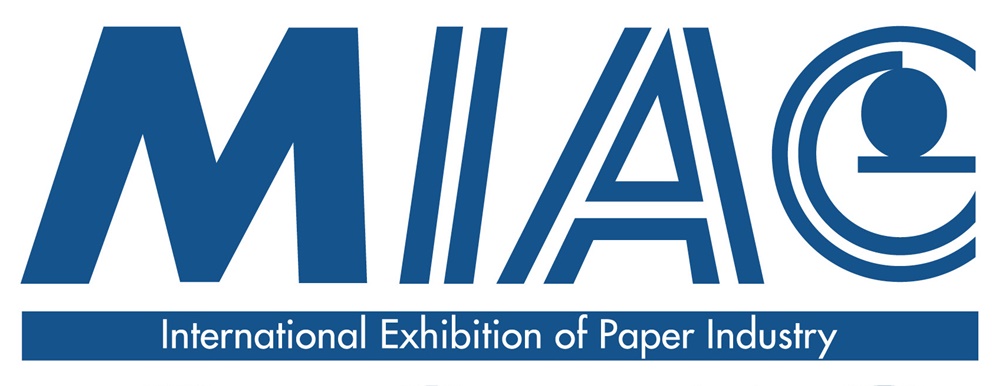NEWS
Mondi recognised in three categories of WWF’s Environmental Paper Awards 2016
In the category ‘’Transparency’’ Mondi was recognised for publishing the forest, climate and water footprint of 92% of our uncoated fine paper brands; “Best Environmental Performance Paper Brands”, 32 of our uncoated fine paper brands received this award, reaching over 80% of achievable scores; and in the category “Striving for Continual Improvement” our packaging paper brands were recognised for using a proactive approach in assessing the forest, water and climate footprint for internal purposes, using WWF´s Check your Paper Method.
Mondi Group is very pleased to have been recognised in three categories of WWF’s Environmental Paper Awards in 2016.
David Hathorn, Chief executive of Mondi Group, said: “These awards confirm the importance of good environmental stewardship and recognise our philosophy of continuous improvement in reducing our environmental footprint. Our participation in WWF’s Environmental Paper Company Index and Check your Paper right from the start made good business sense for us and provides assurance about our products to our customers”.
Mondi and WWF have worked together over many years and in 2014 entered into a three year strategic partnership that focuses on promoting environmental stewardship in the packaging and paper sectors, minimising the impacts of Mondi’s operations on forests, climate and water and sharing information to encourage sustainable practices in the industry.
Peter Orisich, CEO Mondi Uncoated Fine Paper, added: “At Mondi we attach great importance to the sustainability of the wood, fibre and paper we source and strive to act sustainably – every day. The productive capability, biodiversity and community needs of the forest plantations that we own, manage and source material from are key elements of our management approach and systems. WWF’s Check Your Paper scheme is an excellent benchmarking tool that helps us to illustrate our commitment to transparency and improve the environmental footprint of our papers”.







